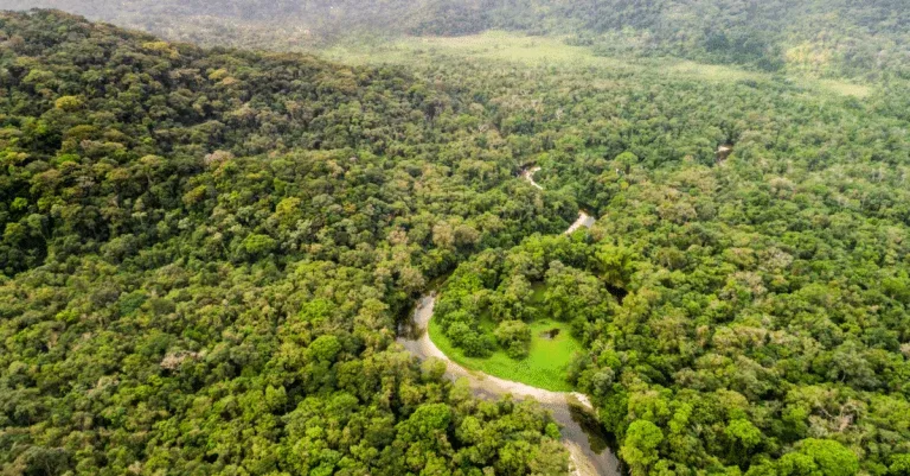
The Congo Basin is a strategic asset for the achievement of the SDGs.
The co-facilitators of the negotiations on the Ministerial Declaration for the 2025 session of ECOSOC and the High-Level Political Forum (HLPF) organized the first informal consultation on March 6, 2025. This meeting aimed to gather member states' views on key issues to be included in the Declaration. They seek a concise, action-oriented, and forward-looking declaration, building on collective achievements, particularly the 2030 Agenda reaffirmed during the Summit of the Future.
Member states were invited to share their perspectives on emerging challenges related to the SDGs, science-based solutions, and priority actions to achieve SDGs 3 (health), 5 (gender equality), 8 (decent work), 14 (life below water), and 17 (partnerships). The goal is to identify necessary measures to support developing countries and improve voluntary national reviews (VNRs). The facilitators encouraged a constructive dialogue to turn ambitions into tangible progress.
The HLPF 2025 will focus on inclusive, science-based solutions for implementing the 2030 Agenda. Thirty-nine countries will present their voluntary national reviews, supported by updated guidelines and directives from the UN Secretary-General. The forum will assess progress on selected SDGs and seek to strengthen international cooperation to accelerate their achievement.
The anticipated impact for the Congo Basin within the 2030 Agenda and SDG negotiations could be seen in the acceleration of actions to preserve its unique biodiversity, promote sustainable development, and strengthen partnerships to support countries in the region in achieving the SDGs. As a vital ecological lung, the Congo Basin would benefit from science-based solutions to better manage its natural resources, combat deforestation, and enhance resilience to climate change. These efforts could also improve the livelihoods of local communities while contributing to global conservation.
Share: